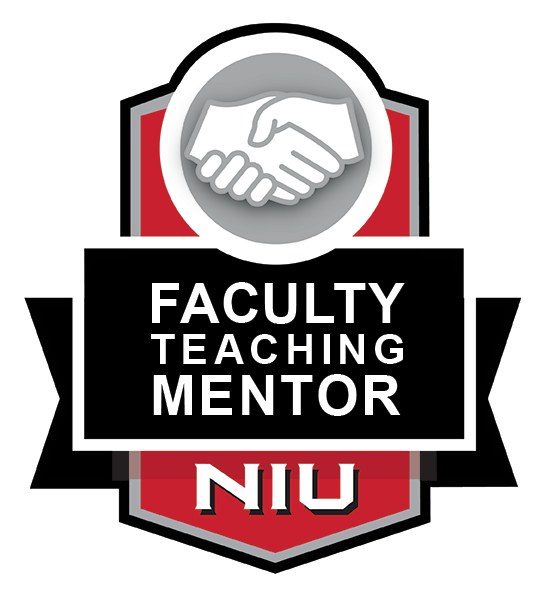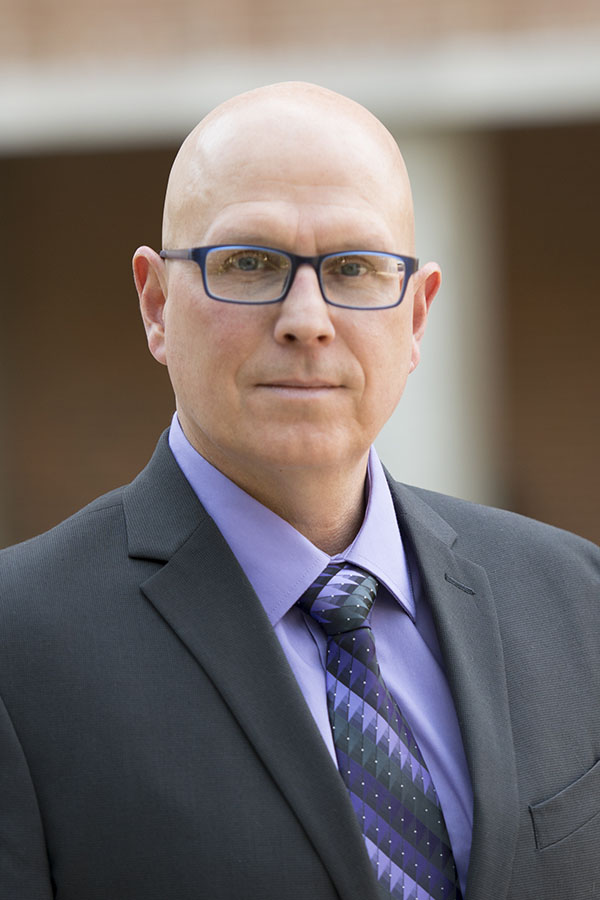 Mylan Engel Jr., Ph.D.
Mylan Engel Jr., Ph.D.
Presidential Engagement Professor
Distinguished Teaching Professor
Department of Philosophy
Teaching Expertise and Approach
Mylan teaches undergraduate and graduate courses in philosophy. He describes his approach to teaching as follows:
"My teaching motto is 'Philosophy Matters!' I want my students to understand and appreciate the value of philosophy, its personal and practical significance, and the role it plays in helping us to live more authentic, meaningful lives.
Toward that end, I begin each course by distinguishing the discipline of philosophy (which can be defined in terms of its subject matter) from the activity of philosophy (how one does philosophy). I explain that philosophy has a unique methodology which I characterize as radically reflective thinking. Philosophical thought is radical because it questions all beliefs and takes nothing for granted. Philosophy is reflective because it involves an open-minded, dispassionate search for truth. Done properly, philosophy requires a willingness to change one’s views under pressure of argument.
I want and expect my students to be actively engaged in doing philosophy, not just reading about it and memorizing notes. My primary goal is to inspire students to think for themselves and to question their beliefs in an open-minded, dispassionate way. Students often find this kind of critical reflection and self-examination personally enriching, for it helps them discover what their most fundamental beliefs and values really are—a critical first step toward living in accordance with those very values. It also helps them realize how many areas of their lives are infused with and affected by philosophy. Philosophy done in this way can be both liberating and life-changing, and for many students, it is.
In addition to affording students an opportunity for personal growth and enrichment, my courses are designed to instill in students a number of valuable skills that will benefit them throughout life. All of my classes are writing-intensive. I want my students to know how to write with clarity and precision when expressing and defending their views. I also want them to know how to read, comprehend, and critically assess arguments and essays. The radically reflective approach I take when teaching philosophy helps students develop these skills. By scrutinizing their own beliefs, students become better critical thinkers. Defending their views in print improves their writing skills and their ability to express themselves clearly and effectively, while further honing their critical reasoning skills. Because students are required to assess their own views in light of competing views, they often come away with a deeper understanding of and appreciation for views other than their own. Views once dismissed as “silly” now demand respect, if not assent.
Regarding pedagogy, I strive to create a positive, enjoyable, inclusive learning environment based on mutual respect. I believe students learn best when they are genuinely engaged with the course material. Presenting the material in vivid memorable ways helps students concentrate and keeps them alert and attentive throughout class. To maintain student interest, I vary my presentation styles, intermixing traditional lecture with creative board use and PowerPoint presentations. I also use humorous examples to illustrate philosophical points wherever possible. In addition, I incorporate interactive in-class assignments that make students active participants in the learning process. Of course, no matter how engaging one’s presentation style, students will get bored if they don’t understand the material. To prevent this from happening, I follow the maxim: 'If you can’t say something simply, you probably don’t understand it yourself.' I strip away needless jargon, and where jargon is necessary (or helpful), I explain it in terms the students can understand. Presenting the material in this way brings philosophy to life for students and, in some cases, instills a life-long passion for the subject."
Types of Courses Taught
- General Education
- Large Enrollment
- Community-Engaged
- Seminar
- Undergraduate
- Graduate
Courses Taught
- PHIL 101 - Introduction to Philosophy
- PHIL 103 - Contemporary Issues in Ethics
- KNPE 133 - Introduction to Karate
- PHIL 231 - Contemporary Moral Issues
- PHIL 301 - Junior Writing Seminar – Topic: Skepticism
- PHIL 311 - Problems of Knowledge
- PHIL 312 - Theories and Problems of Reality
- PHIL 331 - Ethics
- PHIL 334 - Animal Ethics
- PHIL 335 - Environmental Ethics
- PHIL 338 - Philosophy of Food
- PHIL 370 - Philosophy of Religion
- PHIL 390 - Special Topics: Animals, Ethics, and the Environment
- PHIL 410/510 - Topics in Metaphysics and Epistemology: Epistemic Possibility
- PHIL 410/510 - Topics in Metaphysics and Epistemology: Contextualism
- PHIL 410/510 - Topics in Metaphysics and Epistemology: Epistemic Luck
- PHIL 411 - Theories and Problems of Knowledge
- PHIL 430/530 - Topics in Ethics: Animal and Environmental Ethics
- PHIL 511 - Graduate Seminar: Epistemology of Religious Belief
- PHIL 591 - Graduate Seminar: Contextualism
- PHIL 611A - Graduate Seminar: Epistemology
- PHIL 631 - Graduate Seminar: Ethics – Special Topics: Metaethics
- PHIL 691 - Graduate Seminar: Animal Ethics

Contact
Mylan Engel Jr.
Pronunciation MY-lan ENG-el JUN-yer
mylan-engel@niu.edu
815-753-0331
Zulauf Hall 901
Personal Website